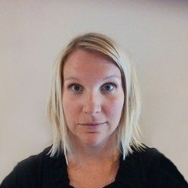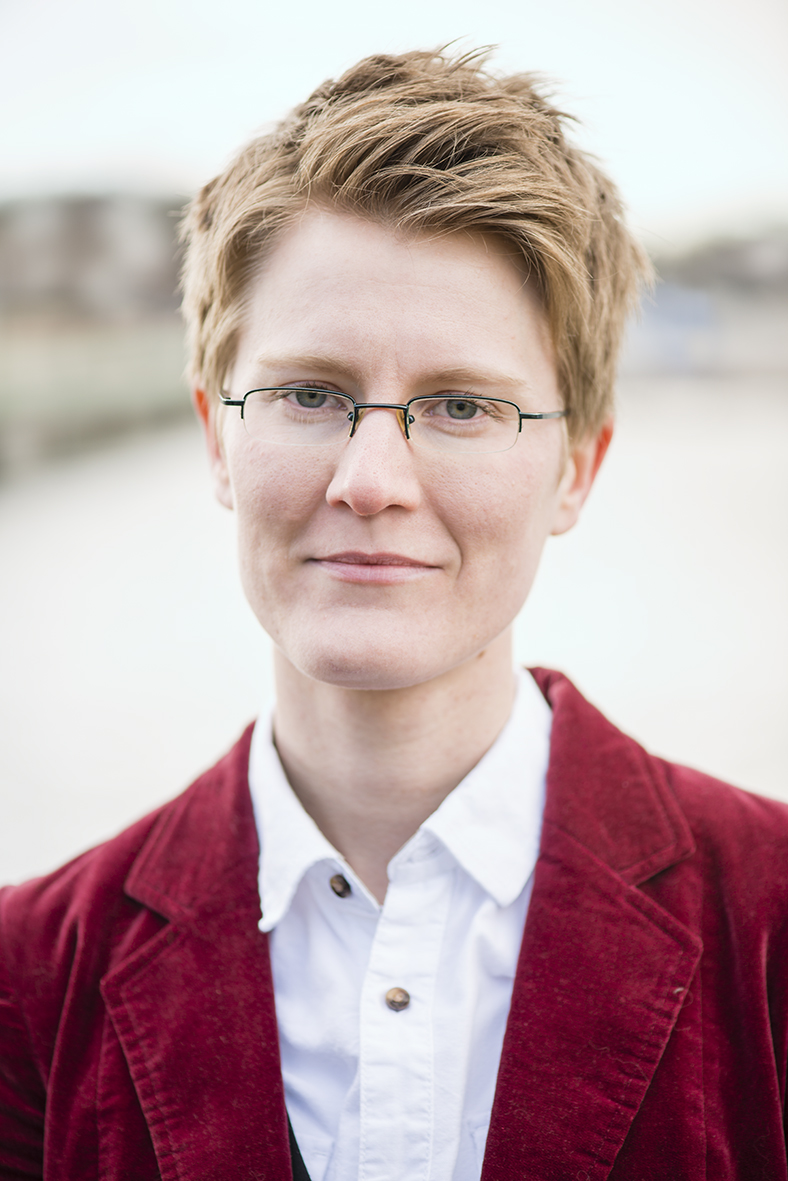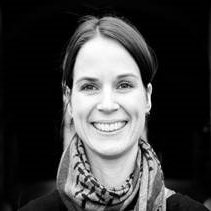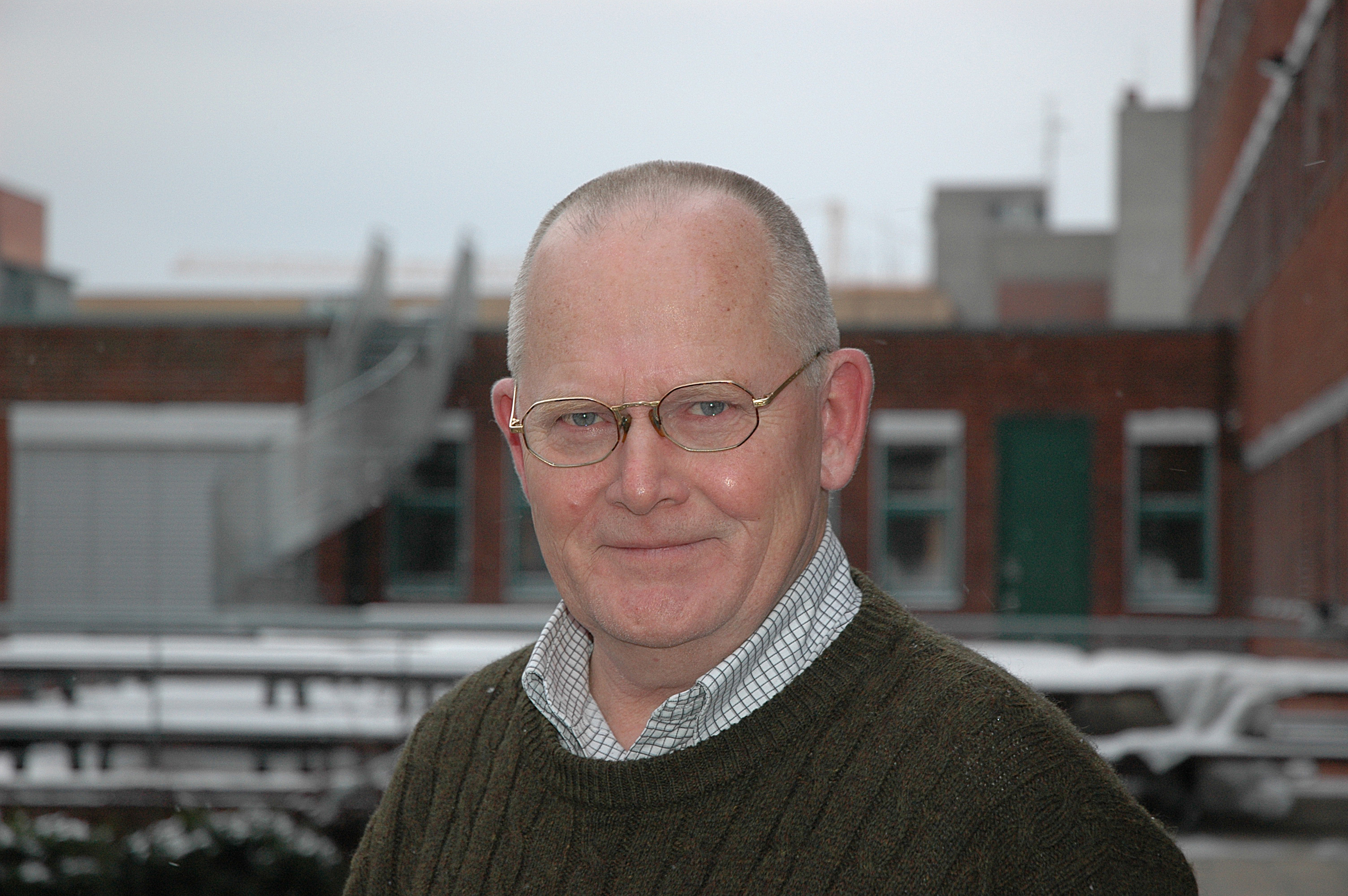
Occupational Hazards and Reproductive Health
About this course
Reproductive health receives much attention in the general population, especially relative to conditions that may impact negatively on fertility and pregnancy. Even if most inhabitants of reproductive age hold a job in the Nordic countries, we know little about the work environment relative to reproductive function and the topic does not receive much attention by the work authorities.
This course has been accepted as a theoretical course (20 hours) demanded in the medical specialist education in the training programs of occupational health services at the University of Helsinki in Finland. The acceptance is valid for the specialist training programs at the Faculty of Medicine of all Finnish universities.
Price information
The price of the course consists of the course fee of EUR 500
and the day package of choice.
Day package I
This package includes:
- conference facilities and technical equipment
- course material
- coffees, lunches
- dinners and the social program on Tuesday.
We strongly encourage you to take part in the social program, as this is a vital part of the NIVA course experience. We believe in the power of networking (between people) and strive to create an inspiring possibility for that through the social program.
The total price of the course is EUR 950 (course fee EUR 500 + day package fee EUR 450).
Day package II
This package includes:
- conference facilities and technical equipment
- course material
- coffees and lunches.
Kindly note that the day package II does not include dinners nor the social program.
The total price of the course is EUR 700 (course fee EUR 500 + day package fee EUR 200).
Accommodation
26th – 28th of October 2020 at Hotel Hanaholmen, Espoo, Finland.
To book a room from the block kindly make the reservation directly to the hotel by email to reception@hanaholmen.fi using the booking code “NIVA” (available until 2.10.2020).
Single The room price for a single standard room is EUR 115/night (including breakfast, morning sauna and access to the pool) and the price for a double room EUR 134/night (including breakfast, morning sauna and access to the pool). room: 128 €/night (including breakfast).
The block reservation will be available until 2nd of October 2020.
Course objectives
This course aims to update knowledge on occupational reproductive health hazards required for understanding and preventing risks to pregnancy and fertility, as well as providing insight into the possibilities for further study within this field. Adverse pregnancy outcomes owing to exposures during pregnancy are main topics at the course, together with male and female fertility, developmental disorders, and long-term effects of pre- and perinatal exposures. The course will focus on assessment, identification and management of occupational risks to reproductive health, interpretation and use of research data in risk assessment, and on a range of chemical, physical, and psychosocial risk factors. Risk communication and legislation and policies to protect workers’ reproductive health will also be addressed, and we will discuss factors that predict absence from work.
General course fee information
The courses and workshops vary in price. Please note that the course fee does not cover meals or accommodation. The course fee and day-package fee are invoiced after the registration deadline. Travel arrangements Please refrain from booking any tickets until we have confirmed the course. The confirmation, which will be sent after the registration deadline, will include detailed information on the payment of the course fee and day-packages, as well as information on accommodation options and practical arrangements. Please note that you are not insured by NIVA.
Subject background
Reproductive health receives much attention in the general population, especially relative to conditions that may impact negatively on fertility and pregnancy. Even if most inhabitants of reproductive age hold a job in the Nordic countries, we know little about the work environment relative to reproductive function and the topic does not receive much attention by the work authorities.
We know that some chemical exposures may interfere with pregnancy, fetal life and fertility – but for several groups of chemicals knowledge is rudimentary. For, e.g., psychosocial stress and noise in the work setting evidence is just emerging. Furthermore, the little existing knowledge relates mainly to pregnancy and malformations – and not the maybe more sensitive function of the organs in the offspring (e.g., of the metabolic, immune, cardiovascular, nervous and reproductive systems). Furthermore, the emerging discipline of epigenetic programming indicates that exposures in pregnancy (and fathers to be) may affect not only the unborn child, but maybe also the grandchildren and future generations. This challenges the existing paradigm of exposures and direct effects.













